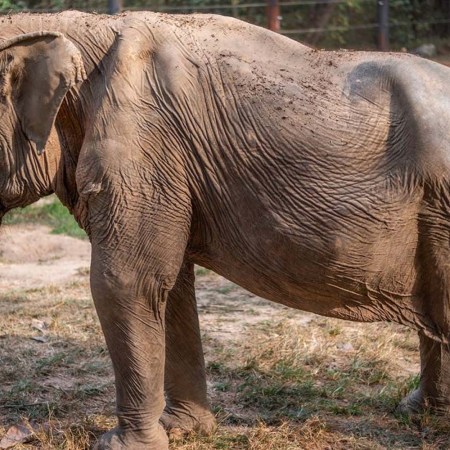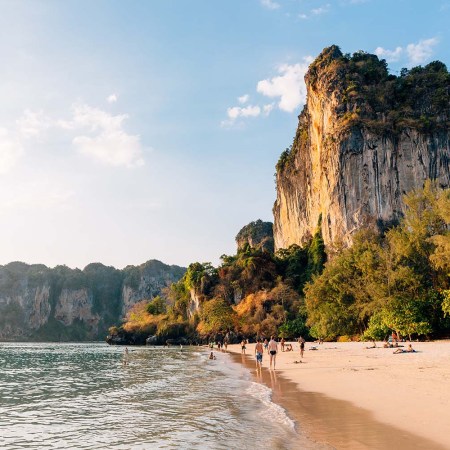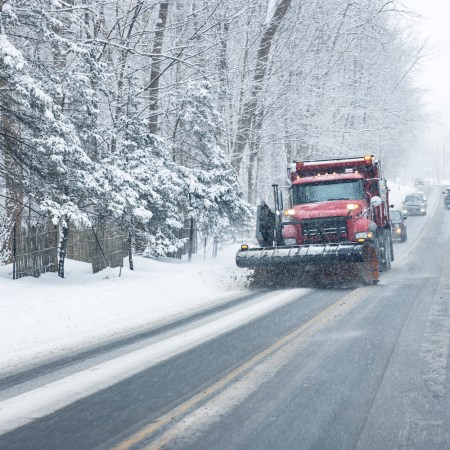If you’ve spent any time on social media during the ongoing pandemic, you’re probably familiar with the “we are the virus” meme. The quick version: people shared images on social media suggesting that nature was restoring itself during periods of quarantine. An article at Mashable noted that many of these scenarios weren’t actually true — but it didn’t stop this meme from resonating with many people.
Now, however, comes news from Thailand that reads like something that could have come from an inspirational social media post — but, in this case, has the benefit of being true. Writing at The New York Times, Hannah Beech and Muktita Suhartono have fascinating news from Thailand’s Khao Yai National Park.
The park is home to a sizable elephant population, but the development of certain areas has kept those elephants from traversing into specific areas for years. Well, at least that’s been the case until recently. As Beech and Suhartono write:
Since the coronavirus pandemic accelerated in March, Khao Yai, Thailand’s oldest national park, has been closed to human visitors for the first time since it opened in 1962. Without the jeeps and the crowds, the park’s 300 or so elephants have been able to roam freely, venturing onto paths once packed with humans.
It’s a surprising development, as well as a welcome one for a population of elephants who have dealt with a number of fatal accidents in recent years.
The pandemic may have adversely affected some elephants in Thailand, but the situation in Khao Yai might be heading towards a happier resolution for humans and elephants alike.
Subscribe here for our free daily newsletter.
Thanks for reading InsideHook. Sign up for our daily newsletter and be in the know.


















